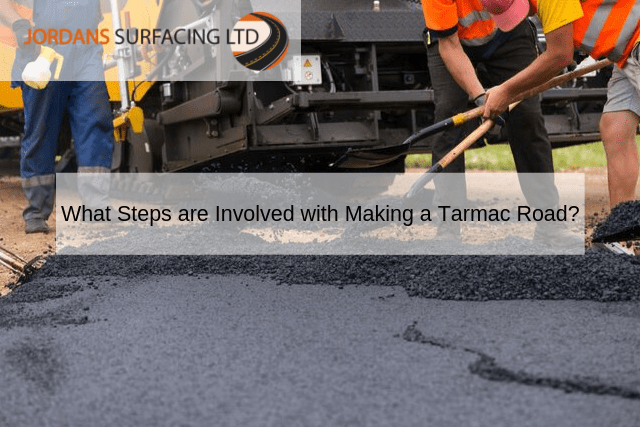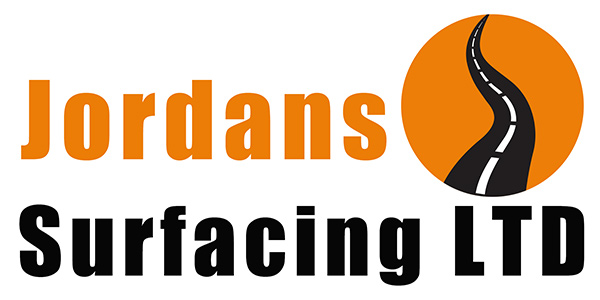
As technology has progressed over the years, so have the methods by which this coating is applied. Have you ever been curious to learn how a tarmac road is made?
The information below should be quite entertaining. These details will also enable you to appreciate what is involved with the standard repair services offered by our team.
The Initial Stages
Whether addressing common pothole repairs or coating an entire motorway with tarmac, it is important that the area in question is free from loose debris such as gravel. The material will otherwise have difficulty adhering in place. It is interesting to note that the majority of detritus removed will be used to create additional asphalt mixes.
Additional Preparatory Steps
Once all debris has been removed, the area in question will be graded so that the desired slope is created. Not only is this critical when negotiating land gradients, but most roads will be graded so that water will drain off to their side (a principle initially introduced as far back as the Roman times).
A “sub base” is then added to provide support for the asphalt and a paving machine will thereafter compact this material so that a firm foundation is provided.
The Application Itself
Finally, the asphalt will be applied to the surface in question. In terms of roads and motorways, a machine is used to deposit and evenly spread the material across the area. This modern method avoids much of the manual labour associated with such a process.
There may also be times when “butt joints” (areas which transition from new asphalt to existing substances such as concrete) will be created in order to ensure that all surfaces are even.
Professional road surfacing contractors are able to handle numerous tasks and it is always wise to contact a professional at Jordans Surfacing if you would like to consult with a technician or to schedule a personalised consultation.
